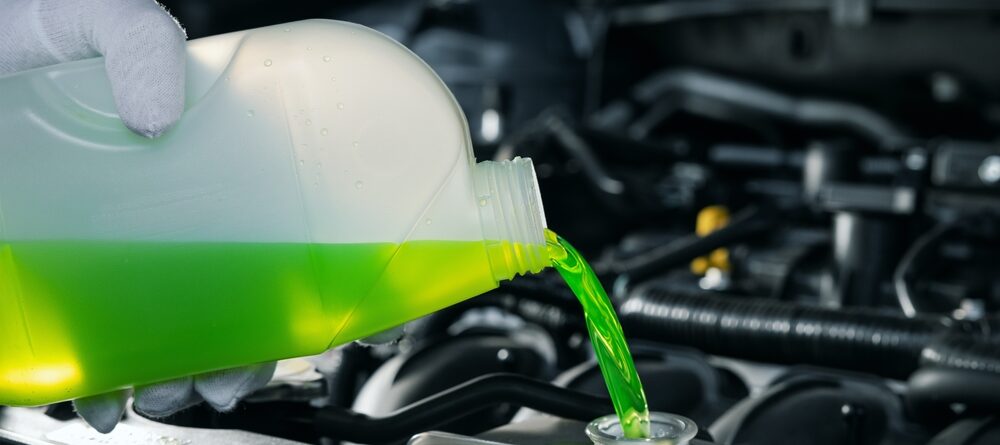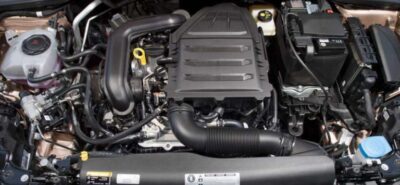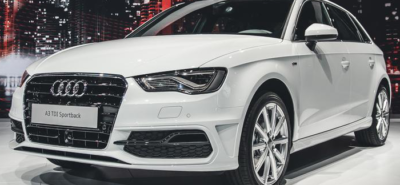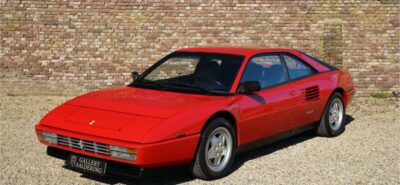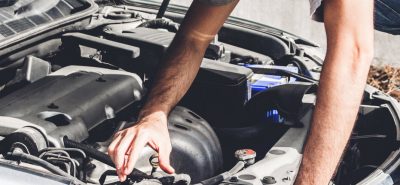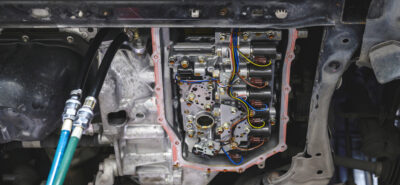Which Engine Coolant is Right for My Car?
There are a few particular products that play a big role in the long-term quality of your vehicle’s engine, and engine coolant is definitely on this list. Vital for helping your engine prevent overheating issues and continue operating properly even in difficult conditions, engine coolant is a must for any engine – and you may be wondering, which engine coolant is right for my car?
At X Auto Care, we offer an extensive range of used engines for sale and other used auto parts for sale, including used transmissions and more from every major car brand. Here are some basics on engine coolant – what it is and why you need it, some of the elements that go into a quality engine coolant, and the different coolant types you might consider depending on your engine and other vehicle components.
Engine Coolant Basics
For those who are just learning about engine coolant, it’s a type of liquid that is poured into your vehicle’s radiator and helps keep the engine cool when it’s running. This coolant works by absorbing heat generated by the engine and then transferring that heat to the air outside through the radiator.
Without proper coolant, your engine can overheat quickly and sustain damage that may require costly repairs or even a full engine replacement. Additionally, engine coolant also helps prevent rust and corrosion within the cooling system, keeping all components running smoothly.
Engine coolant is stored in the radiator and other parts of the cooling system, constantly circulating through hoses, pipes, and passageways to help regulate engine temperature. As such, it’s important that you regularly check your coolant levels and top off as needed.
Key Elements of Quality Engine Coolant
While there are many different brands and types of engine coolant on the market, the best ones will have a few common elements:
- Water percentage: Around 50 percent of most engine coolant is water, which helps with heat transfer and preventing boiling or freezing. In fact, did you know that you can combine antifreeze with water to create your own engine coolant mixture? Some vehicle owners actually do this, while others just purchase a pre-mixed coolant.
- Ethylene glycol: In most engine coolants, the active ingredient is ethylene glycol, which helps lower the freezing point and prevent overheating. This chemical is also known for its anti-corrosive properties, which helps keep the cooling system in good condition.
- Propylene glycol: Some coolants instead use propylene glycol, which is less toxic and safer for animals and children. However, this type of coolant does not offer the same level of protection against freezing temperatures.
- Corrosion inhibitors: Various different chemicals may be added to engine coolant to help prevent corrosion and rust within the cooling system. This is important for keeping all components in good condition and avoiding costly repairs.
- Dyes: Many coolants also contain dyes or colorants, which can help identify leaks or contamination in the system. These dyes are also useful for distinguishing between different types of coolant.
Types of Engine Coolant
There are a few different types of engine coolant that you might consider:
- Inorganic additive technology (IAT): Made using ethylene glycol plus corrosion inhibitors, this is the traditional coolant used in most vehicles. However, it requires more frequent replacement compared to newer types.
- Organic acid technology (OAT): This type of coolant uses a longer-lasting organic acid formula that helps prevent rust and corrosion without requiring frequent replacements. OAT coolant is typically orange or red in color, though it can also come in green.
- Hybrid organic acid technology (HOAT): A mix of IAT and OAT coolants, HOAT offers the benefits of both types. It’s often used in vehicles with aluminum components, as it has better corrosion protection.
- Phosphated HOAT: This is a version of HOAT that also includes phosphates, which can improve protection against cavitation.
- Phosphate-free HOAT: On the other hand, this type of coolant removes phosphates, making it a safer and more environmentally-friendly option.
- Silicated HOAT: This coolant contains silicates, which can improve protection against corrosion and help preserve gaskets.
Making Your Choice
Now that you know the basics of engine coolant, you can make an informed decision on which type is right for your vehicle. Consider factors such as your vehicle’s age and makeup, climate conditions in your area, and any specific recommendations from your car manufacturer.
At X Auto Care, we recommend regularly checking and replacing your engine coolant to keep your vehicle running smoothly. And if you’re in need of a used engine or other auto parts, make sure to check out our inventory – we have everything you need to keep your car running like new.

